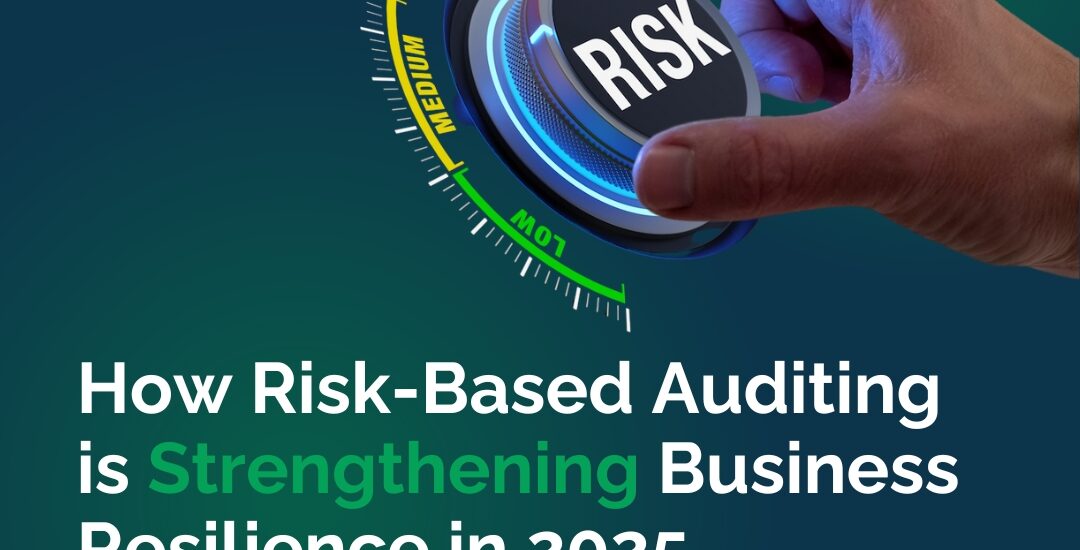In today’s fast-evolving business landscape, traditional auditing is no longer enough. Companies need a proactive approach that goes beyond the numbers. One that identifies potential threats before they become full-blown crises. Such approach is Risk-Based Auditing (RBA), a forward-thinking methodology that is redefining how businesses stay resilient in 2025.
What is Risk-Based Auditing?
Unlike conventional auditing, which focuses on compliance and financial accuracy. Risk-Based Auditing prioritizes high-risk areas that could significantly impact an organization. By assessing vulnerabilities, evaluating internal controls, and forecasting potential disruptions, businesses can take preemptive actions rather than just reacting to financial data.
Why Businesses are Embracing Risk-Based Auditing in 2025
Anticipating Emerging Risks: From cyber security threats to supply chain disruptions, 2025 is seeing businesses navigate unprecedented risks. Risk-based auditing helps organizations proactively address these challenges, ensuring sustainability and compliance.
Aligning Audit with Business Strategy: Risk-based auditing ensures that audits are not just routine checkups but strategic assets. By focusing on areas that align with business goals, companies can enhance efficiency, reduce fraud, and improve overall financial health.
Data-Driven Decision Making: Advanced analytics and AI-powered auditing tools are giving businesses deeper insights into operational risks. Real-time monitoring and predictive analytics help auditors detect anomalies and improve financial accuracy.
Regulatory Compliance & Adaptability; With evolving global regulations, businesses must stay compliant. Risk-based auditing provides a dynamic approach to compliance, helping companies quickly adapt to new policies and avoid penalties.
How Risk-Based Auditing Strengthens Business Resilience
Early Risk Identification: Detect vulnerabilities before they escalate.
Resource Optimization: Allocate audit efforts where they matter most.
Stronger Internal Controls: Fortify business operations against fraud and financial misstatements.
Enhanced Corporate Governance: Build stakeholder trust through transparent and risk-aware financial reporting.
Risk-Based Auditing is more than a trend; it’s a critical strategy for businesses looking to stay resilient in an unpredictable world. As 2025 unfolds, companies that integrate risk-aware auditing into their operations will not only safeguard their financial integrity but also unlock sustainable growth in a competitive market.
Is your business audit-ready for 2025? Let’s talk about strengthening resilience through risk-based auditing.

